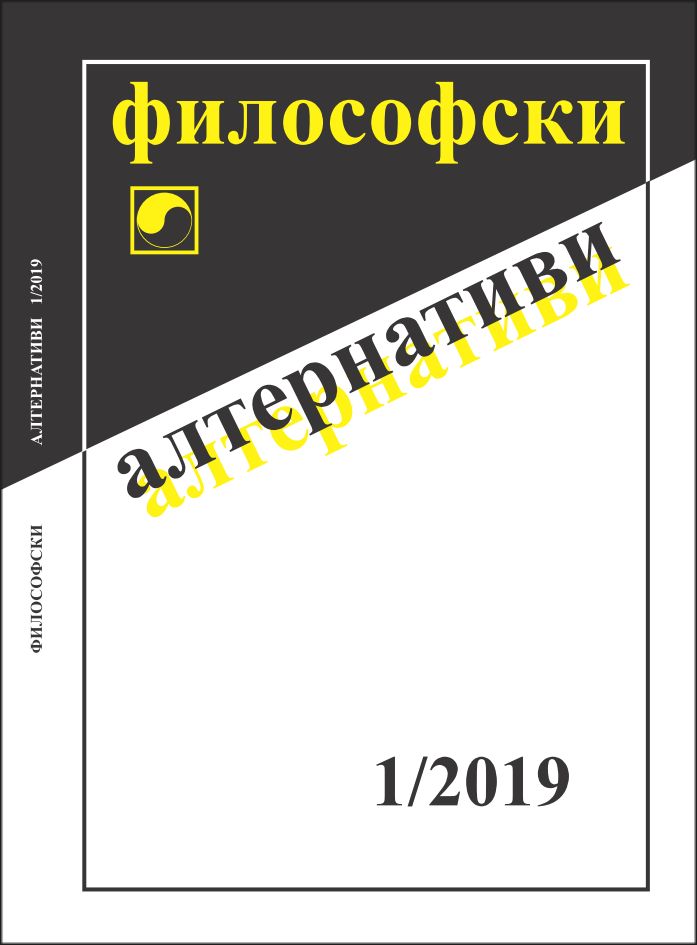Неопределеността на превода и лингвистичната антропология (част 2)
Indeterminacy of Translation and Linguistic Anthropology (Part 2)
Author(s): Sergey GerdzhikovSubject(s): Epistemology, Analytic Philosophy, Philosophy of Mind, Philosophy of Science, Philosophy of Language
Published by: Институт по философия и социология при БАН
Keywords: translation; Quine; indeterminacy; language; science; conceptual scheme; linguistics; anthropology;analytical philosophy;
Summary/Abstract: Quine’s thesis regarding indeterminacy (linked to relativity) of translation passes into the thesis regarding the inscrutability of reference, developed within the framework of a philosophical project in which natural science is seen as the only form of empirical knowledge (naturalism). Following the tradition of analytic philosophy, Quine uses speculative (thought) experiments, such as that of the radical translator (a linguist interpreter in a foreign culture and lacking a mediator). If we accept Quine’s approach and naturalism project, and his theses about reference and translation, we can check the extent to which his experiments and analyses have meaning and validity in linguistic anthropology and to what extent linguists themselves use and criticize them. Developed as a speculative experiment and debate regarding natural language, Quine’s thesis makes sense in the framework of analytic philosophy, but, like other purely philosophical theses, is fictional and poorly referred to the empirical situations of translation in linguistic anthropology. I apply here some relevant conclusions regarding indeterminacy, which are drawn from my Philosophy of Relativity (Gerdjikov 2008).
Journal: Философски алтернативи
- Issue Year: XXVIII/2019
- Issue No: 1
- Page Range: 116-128
- Page Count: 13
- Language: English, Bulgarian
- Content File-PDF

